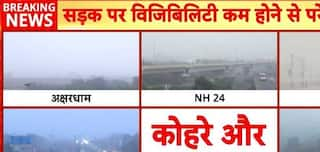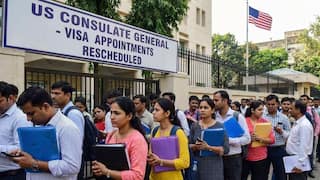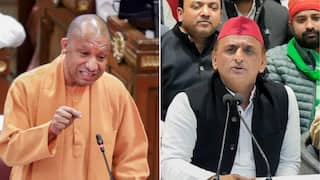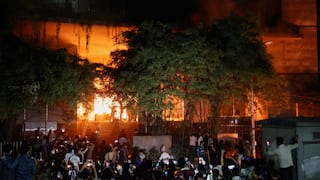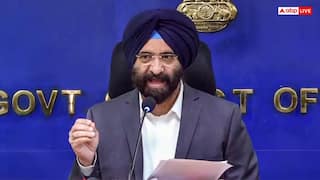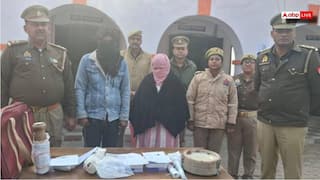CBI Books Freelance Journalist For Spying On Army And DRDO, Searches 12 Locations
The CBI has charged a freelance journalist with gathering sensitive information about the DRDO and the army and passing it on to foreign intelligence agencies.

The Central Bureau of Investigation (CBI) has filed an FIR against a freelance journalist for allegedly gathering sensitive information about the Defence Research and Development Organisation (DRDO) and the army and sharing it with foreign intelligence agencies, news agency PTI reported citing officials on Tuesday. Following the FIR, the agency searched 12 locations in Jaipur and the National Capital Region (NCR) for premises associated with Vivek Raghuvanshi and people close to him.
During the searches, a number of sensitive documents were recovered and sent for legal review, officials said. According to the report, the agency has launched an extensive investigation to learn more about Raghuvanshi's associates in India and abroad.
According to the CBI, he was gathering sensitive information and minute details about the progress of various DRDO projects.
He was also gathering information on future procurement plans for Indian armed forces, which could have harmed the country's strategic preparedness, according to the agency.
Raghuvanshi gathered information about classified communication information related to national security, as well as details of India's strategic and diplomatic talks with friendly countries, CBI said.
They claimed that if this information had been made public, it would have harmed India's bilateral relations with these countries.
The CBI spokesperson said: "It is alleged that he collected and passed on sensitive details about the future procurement of Indian armed forces which reveal the strategic preparedness of the country besides classified communications and information relating to national security, details of the strategic and diplomatic talks of India with our friendly countries and sharing such classified information with intelligence agencies of foreign countries," the official was quoted as saying by PTI.
It should be noted that India has several laws dealing with national security and espionage, the most important of which is the Official Secrets Act, 1923. This law is intended to protect state secrets and classified information. It makes espionage, unauthorised disclosure of official secrets, and wrongful communication of information that could jeopardise the state's security or interests illegal.
It is also to be noted that the Official Secrets Act of 1923 applies to both Indian citizens and non-citizens on Indian land. The act gives the government broad authority to prosecute individuals who engage in espionage or the unauthorised disclosure of official secrets.











